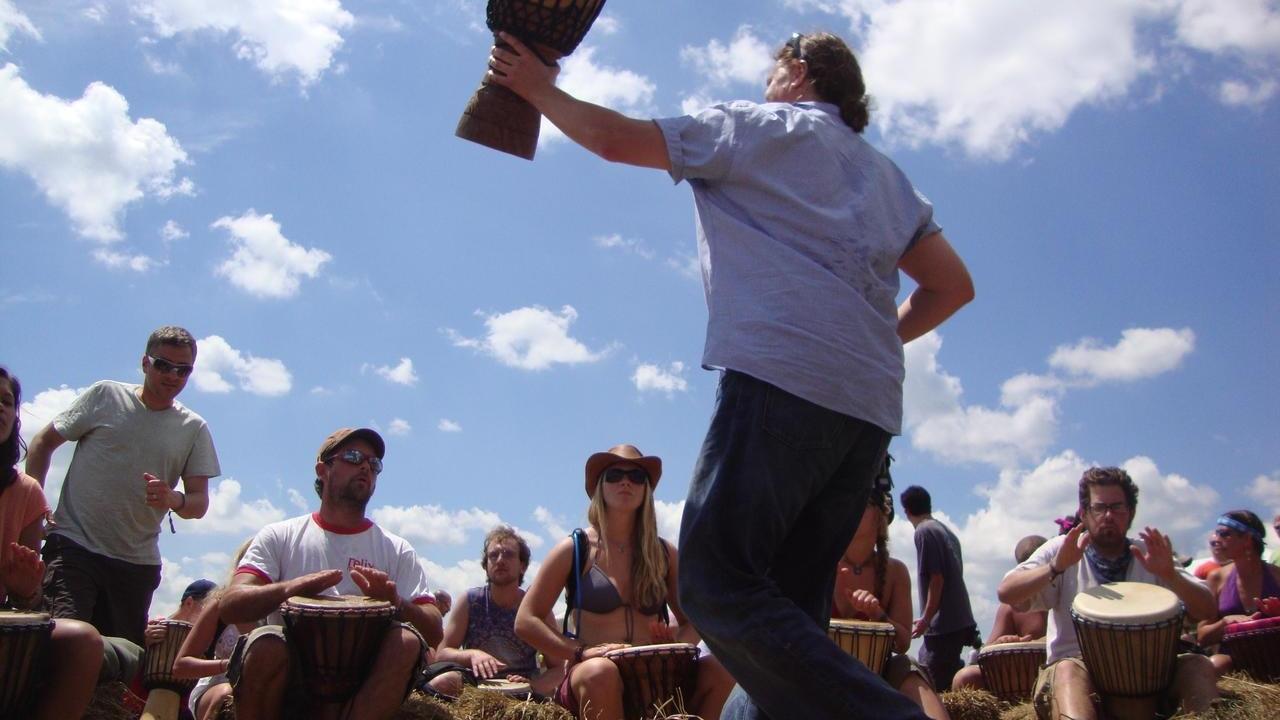Music Can Boost Your Cognitive Function—At Any Age

If you’re concerned that your brain isn’t as sharp as it once was, you’ll want to pay close attention to today’s message.
Recent research shows that making music can boost cognitive function at any age—even if you’re an absolute beginner.
Today I’ll explain how even basic music training can improve your brain health. Plus you’ll get access to a beginner-friendly lesson I put together to help get you started.
The brain benefits of playing music at any age
You’ve undoubtedly heard the phrase “use it or lose it” in reference to staying healthy, both physically and mentally.
Personally, this is one of the main reasons I’ve decided to study two new ways of making music—singing and playing guitar—for the first time since the late 80’s!
And though it sometimes takes me a while to figure out a certain technique or learn a song, the new “challenge” is actually helping to keep my brain healthy.
Recent research explains how this all works.
A 2018 study looked at the cognitive function of a group of adults age 59 or older who engaged in musical practice over the course of their lives, and a separate analysis of studies where participants received musical training as older adults (age 60-85).
The researchers found that long-term involvement in playing music was associated with protective effects on cognitive function.
But what’s even more interesting is that the subjects who started making music later in life—especially those who kept at it—showed similar general cognitive function enhancements as the life-long musicians.
So how can you start to incorporate more music into your life? I have just the thing...
No instrument required
I made this special tutorial that teaches you one of my “NeuroRhythm Brain Builder” techniques. It’s beginner friendly and you don’t even need a musical instrument to get started. It’s all done by “drumming” on your lap.
Remember—it’s ok if you’re not perfect. Just allow yourself to play along with me—and have some fun!
Repeating the rhythmic patterns helps form new connections in your brain via a process called neuroplasticity. The more you repeat them, the stronger the connections become.
Think about a recipe you’ve been making for years. Chances are, you don’t even have to look at the ingredient list anymore—you know exactly what you need and the steps involved. But you didn’t memorize and perfect the dish overnight. Each time you cooked it, you made real and lasting changes in your brain. And each time you try a new recipe, you spark new connections in your brain.
The same thing happens with music. Learning a new rhythmic pattern or song forms new connections in your brain. And repeating the pattern or practicing the song deepens those connections.
The bottom line: It's never too late for the brain to benefit from the power of music. And the more you do it, the more it can help your brain stay sharp for years to come.
Be Well,
Jim


